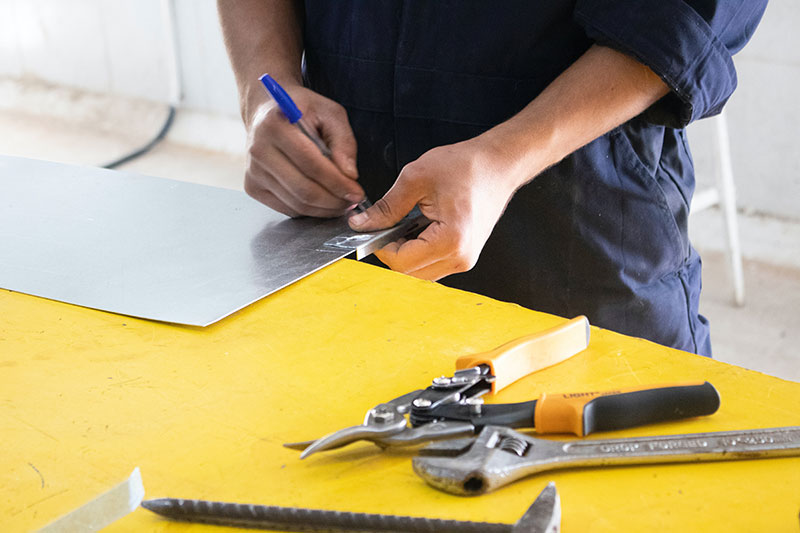Advertisement
Boiler engineers or gas engineers are skilled professionals who know how to work with natural gas as a form of energy. There are more than 20 million gas customers located in the UK and this means that there is a constant demand for a person who can provide installation, service, and repair services. Regardless of whether you have issues with boilers, gas cookers, water, and wall heaters, a fully qualified engineer should be present to assist you with solving your problems in a timely manner.
Role and Responsibilities of a Boiler Engineer
Gas engineers work closely with systems and appliances. They order and replace parts, repair installed units, test the controls, and work on preventative maintenance. You will also need to make and maintain reports for all each assignment.
Most boiler engineers choose to enter businesses. However, there are some that decide to be self-employed. They will newed to invest in additional skills aside from that found in their chosen profession. This includes project management, networking, marketing, and sales.
What to Take to Become a Boiler Engineer
There are four main ways to become a boiler and gas engineer. Make sure to do additional research so that you know all the implications of taking one path over the other.
Apprenticeship
Apprenticeships are the more traditional way of starting a career as boiler and gas engineers. Your job placement will be at the company you currently work for or are applying to. The on the job training that happens alongside the courses is very thorough and you are usually paid for your efforts.
Since they are paid positions, apprenticeships are hard to come by and the competition is stiff.
College
To become a trainee with a gas company, you can get a Level 2 Diploma in Plumbing and Heating. You will need two or more GCSEs at grades 9 to 3., and if you want to be fully qualified as a boiler engineer then you need to have a level 3 Domestic Natural Gas Installation or a Level 3 Diploma in Gas Utilization Installation and Maintenance.
As a general rule, you need to be employed in the gas industry so that you can complete the level qualification. It is recommended that you go for courses that can offer you work placement, either as a part of their training or after. The requirements for entry to Level 3 courses are four to five GCSEs at grades 9 to 4.
Managed Learning Program
Managed Learning Programs have become a popular option in the past few years because they help fast-track the education process. As a result, people are able to finish schooling and start working earlier. MLPs offer individuals a chance to acquire onsite experience alongside courses and assessments for 15 to 25 weeks.
Accredited Certification Scheme
You can find an ACS provider and get a recognized competency certificate—r if you already have one, then you can just have it renewed. The ACES is an assessment for engineers that have experience working in related industries, like heating and ventilation, or plumbing.

